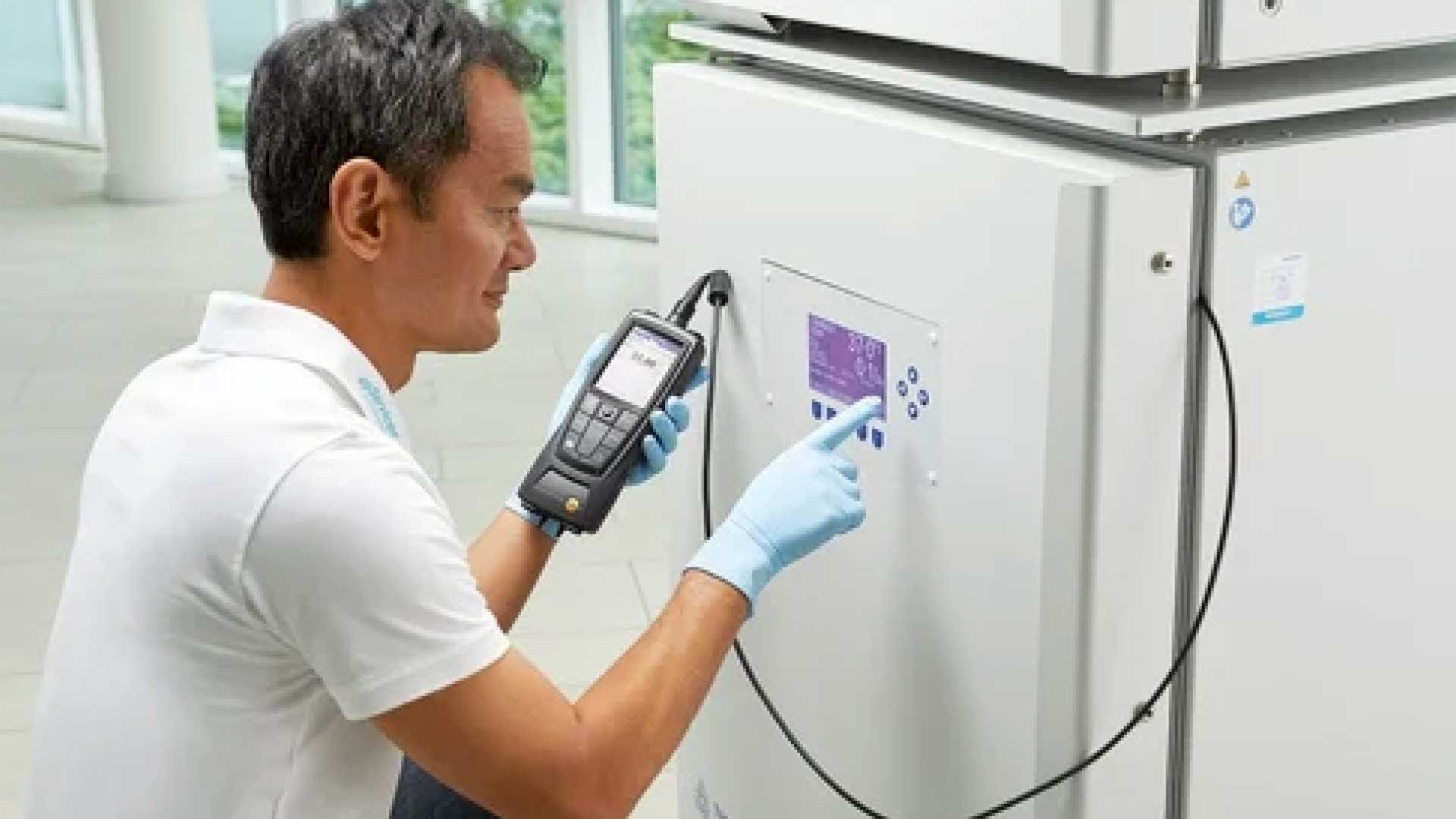- We
- Renewable Energy
- Calibration Service
-
Testing & Inspection
- Annual Inspection
- Energy Audit
- Transformer Testing
- Condition Monitoring
- HiPot Testing
- Circuit Breaker Test
- Insulation Testing
- CT/PT Analysis
- Earthing Inspection
- Environmental Inspection
- Flue Gas Analysis
- LV, MV, HV Switchgear Testing
- DEA (Detail Engineering Assessment)
- Correlation of Compressive Strength of Concrete
- Mapping Homogeneity of Concrete Test
- Defects of Concrete Subsurface Test
- Concrete Pile Length Assessment Test
- Mapping of Concrete Plate Thickness
- Pile’s Internal Defects, Voids Assessment Test
- Pile Load Test
- Concrete Column Test
- Pipes Hardness Test
- Heat-Treated Surfaces Inspection
- Rebar location Assessment
- Crack Assessment
- Metal Detection & Analysis
- Drilling Spot Findings
- Concrete Compressive Strength
- Concrete Uniformity Mapping
- Shallow Utility Location Assessment
- Pipeline Inspection & Assessment
- Excavation Safety Assessment
- Utility Locating & Mapping
- Penetration Test
- Welding Inspection of Pressure Vessel
- Defects Analysis in Welding
- Adhesive Strength Test
- Pull Off Testing
- Skid Resistance Test of Construction Floors
- Concrete Resistance Measurement
- Building Information Modeling (BIM)
- Augmented Reality (AR) Assessment
- Virtual Reality (VR) Assessment
- Digital Twin Creation
- Partial Discharge Analysis
- Power Quality Analysis
- Photovoltaic Test
- Relay Testing
- SF6 Leak Detection
- Surge Protection Device
- Shaft Alignment Diagnosing
- Substation Testing & Commissioning
- Thermography Analysis
- Ultrasonic Flow Analysis
- Ultrasound Leak Detection
- Conveyer Belt Inspection
- Videoscope Inspection
- Switchgear Testing Service
- Solar Irradiance Measurement Service
- Contact Resistance Test Service
- Rent Products
Incubator
- Home
- Incubator

Incubator Calibration in Bangladesh
Incubator calibration is an essential process for ensuring the accurate performance of laboratory incubators, which are crucial in research, medical, and industrial applications. In Bangladesh, laboratories increasingly rely on precision equipment, and proper calibration ensures reliable results, safety, and regulatory compliance.
At Pico Labs Ltd., we specialize in incubator calibration services in Bangladesh, providing accurate, timely, and certified calibration solutions. Our team of trained professionals uses state-of-the-art equipment to verify and adjust temperature, humidity, and other critical parameters of your incubators, ensuring they perform at their optimum levels.
Why Incubator Calibration is Important
Calibration ensures that an incubator maintains the exact temperature and environmental conditions required for experiments, cell cultures, or industrial processes. Without regular calibration, incubators can produce inconsistent results, leading to compromised research quality, failed experiments, or even financial losses.
Some key benefits of incubator calibration include:
-
Accuracy & Reliability: Maintains precise temperature control for consistent results.
-
Compliance: Meets national and international quality standards, including ISO regulations.
-
Extended Equipment Life: Regular calibration reduces wear and tear and enhances performance.
-
Cost Efficiency: Avoids unnecessary losses due to errors or equipment failure.
Our Incubator Calibration Process
At Pico Labs Ltd., our calibration process is thorough and transparent. We begin with an initial inspection of your incubator, followed by precise measurement and adjustment of temperature and humidity. After calibration, a detailed certificate is provided, validating your incubator’s performance and compliance.
We cater to a wide range of incubators, including laboratory, industrial, CO2, and microbiological incubators. Our team ensures minimal downtime, so your operations continue smoothly.
Why Choose Pico Labs Ltd.
-
Expert Technicians: Skilled in handling diverse incubator models.
-
Advanced Equipment: Ensures high-precision calibration.
-
Trusted Service: Serving laboratories, hospitals, and industries across Bangladesh.
-
Prompt & Reliable: Quick service without compromising quality.
For laboratories and industries looking to maintain accurate and reliable incubators, Pico Labs Ltd. is the go-to incubator calibration service provider in Bangladesh. Ensure your experiments and processes run flawlessly with our certified and professional calibration services.
